
Purim (which means “Lots” in Persian) is one of the most festive and joyous occasions of the year, and it starts tonight! Are you ready for this raucous celebration of the story of Esther? As always, we’ve got you covered with this handy checklist.
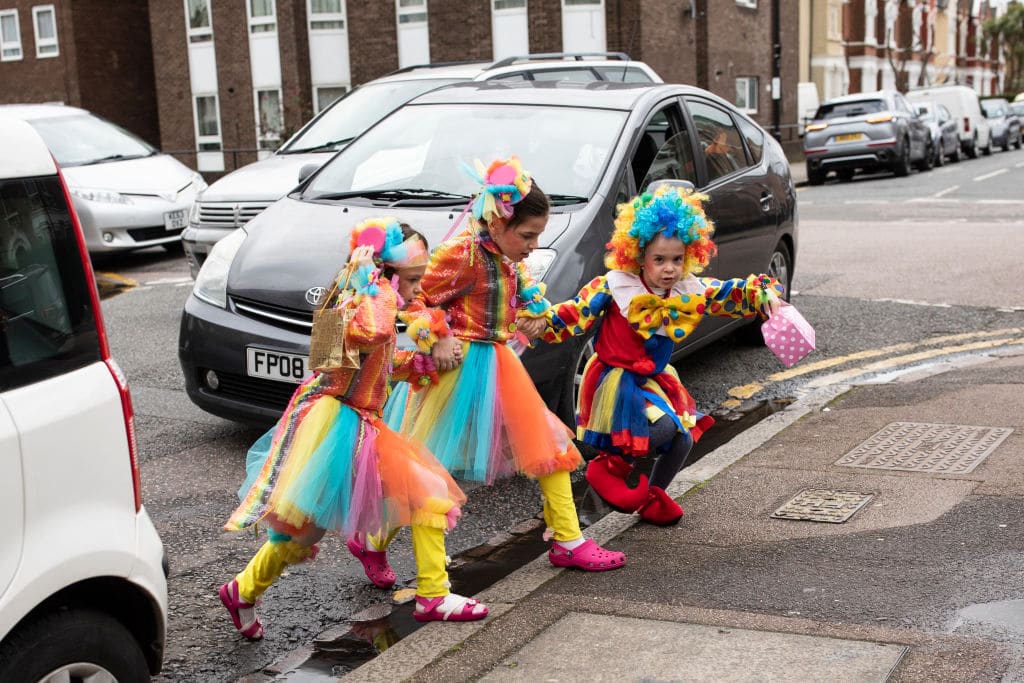
- Hamantaschen — In Ashkenazi Jewish homes, it’s customary to eat these 3-cornered pastries filled with jams, chocolate, nutella or other types of filling. The triangular pastry could symbolize Haman’s 3-cornered hat. Meanwhile, Mizrahi Jews traditionally bake ma’amouls, cookies stuffed with nuts or dates.
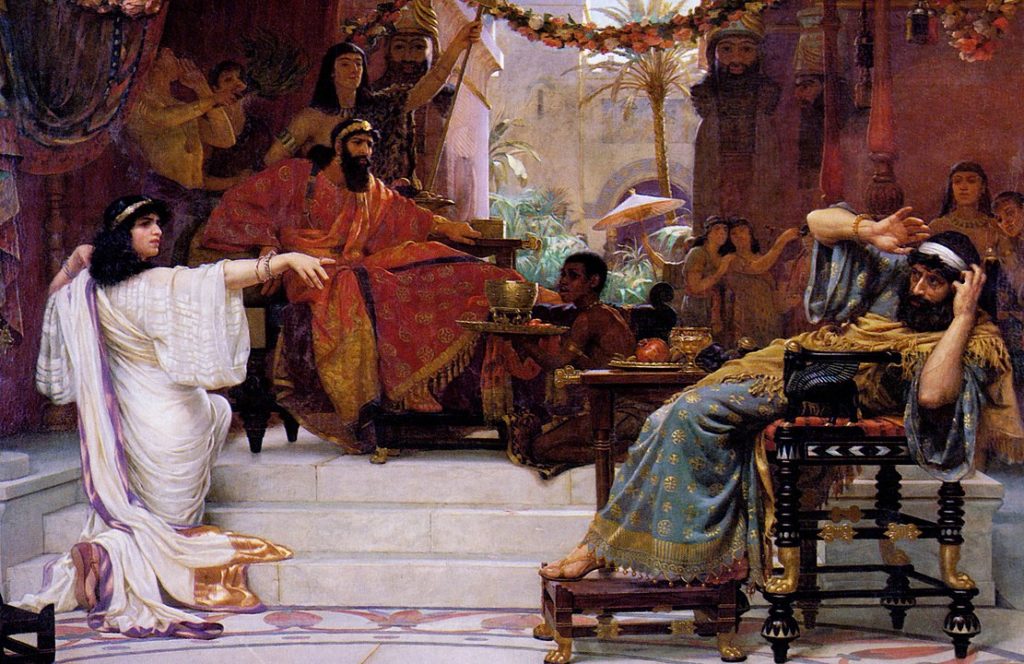
- Megillah or “Scroll” (i.e., the Book of Esther) — One of the mitzvot (commandments) of Purim is reading the Megillah, the Book of Esther, or hearing it read aloud. The Megillah is typically read from a scroll of parchment.
- Grogger — Don’t forget to bring your grogger to the Megillah reading — you’ll need it to make noise whenever Haman’s name is mentioned.
- Costume — The tradition of dressing up for Purim dates back centuries, possibly to 14th-century Italy. Wearing costumes and masks highlights the theme in the Megillah of concealing and revealing our true identities.
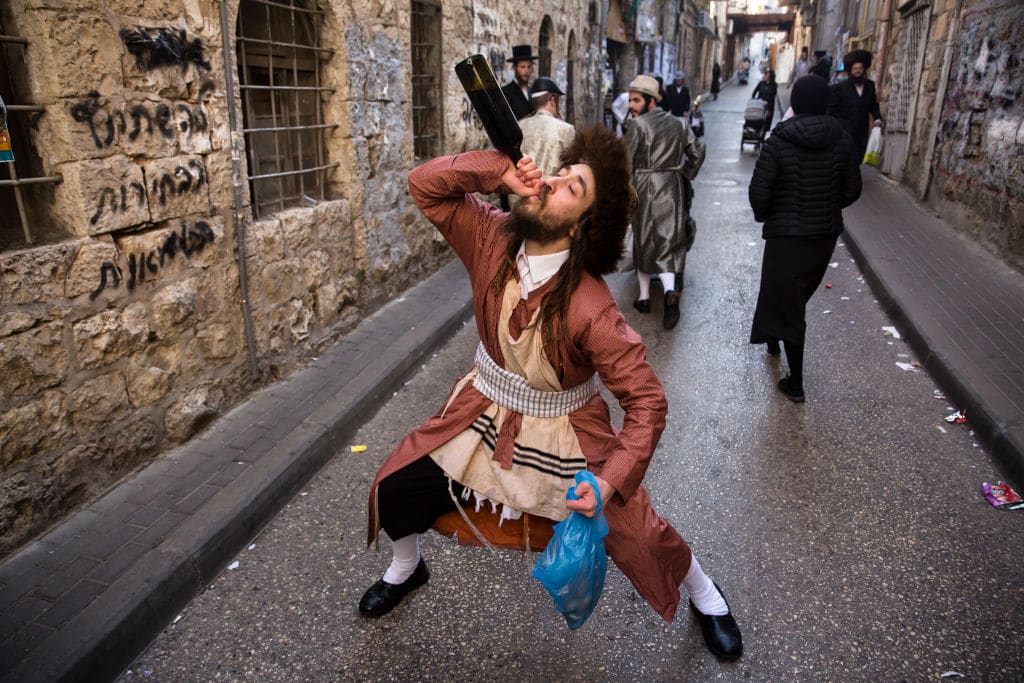
- Drinks — The Babylonian sage Rava famously said (in Megillah 7b): “A person is obligated to become intoxicated (“livasumei”) on Purim until he does not know the difference between ‘cursed is Haman’ and ‘blessed is Mordechai.’” Of course, this only applies to people above drinking age, and everyone ought to drink responsibly on Purim.
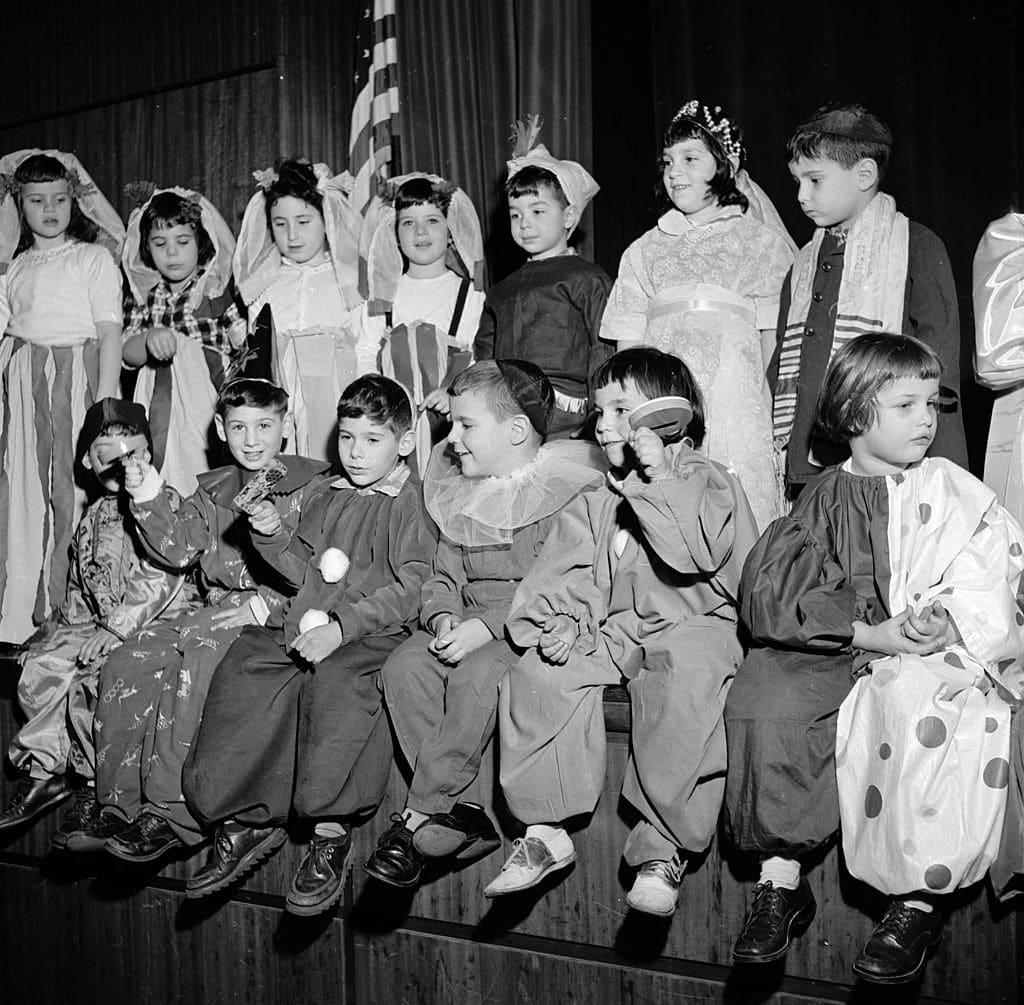
- Purim shpiel — It’s customary to put on a humorous play in costumes known as a Purim shpiel (this means “play” in Yiddish). It can be a funny dramatization of the Purim story or a playful skit on almost any topic. The Purim shpiel often pokes fun at the people or culture of the community in a lighthearted way.
- Mishloach manot (Purim gift baskets) — Literally, “sending of portions,” these are gifts of ready-to-eat foods and drinks that are sent to friends and neighbors. Mishloach manot typically include wine or grape juice, hamantaschen, snack foods, sweets or fruits.
- Matanot l’evyonim (“Gifts to people in need”) — According to the Shulchan Arukh, on Purim, everyone must give at least two gifts to two individuals in need, and the obligation can be fulfilled through any type of gift (such as money, food, drinks or clothing). This year, many people are donating to help Ukraine relief efforts.
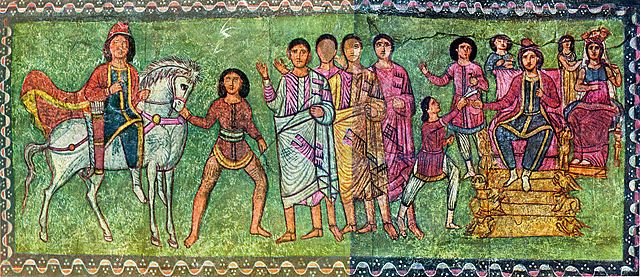
- Reflect on Purim’s deeper meanings — On the surface, judging by the costumes, drinking and funny skits, Purim might seem like a completely joyful and silly holiday, but it also has deeper messages. Here are three of them.
- Learn more about Purim — Check out our guide to the holiday, learn about why we give Purim gift baskets, plus read these timely thoughts about Purim and Ukraine.
Originally Published Mar 6, 2023 12:02AM EST


